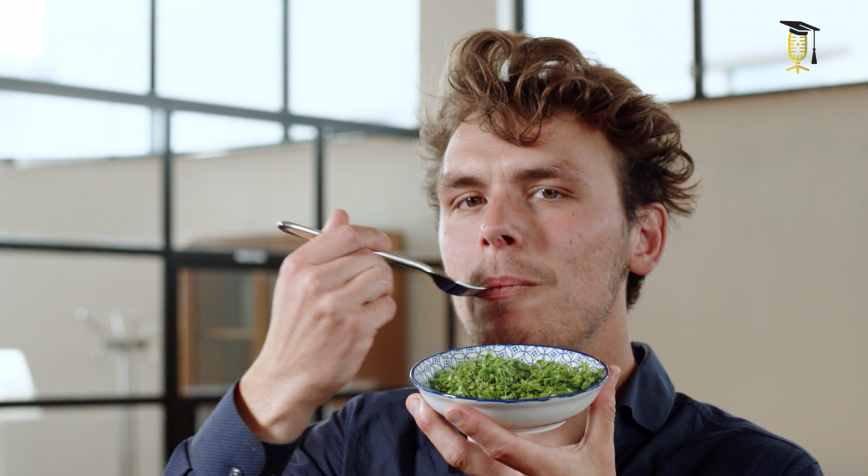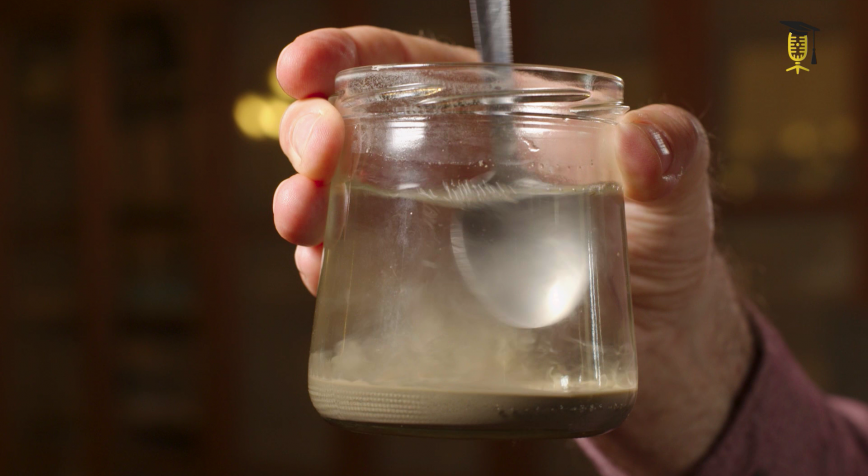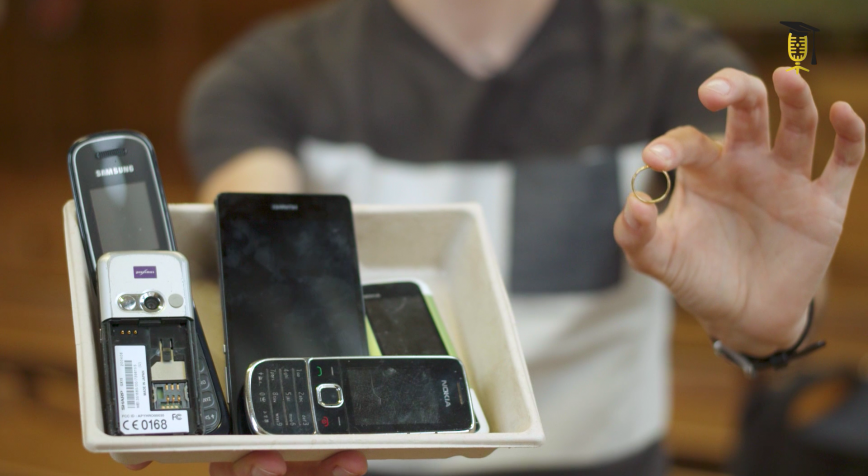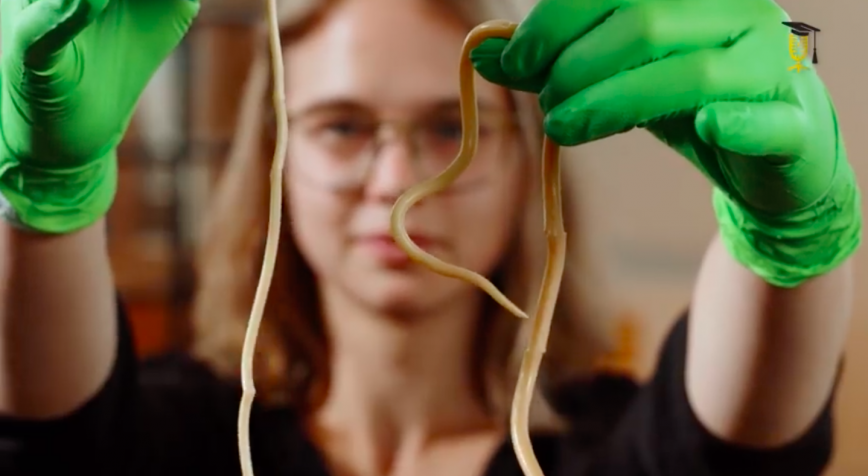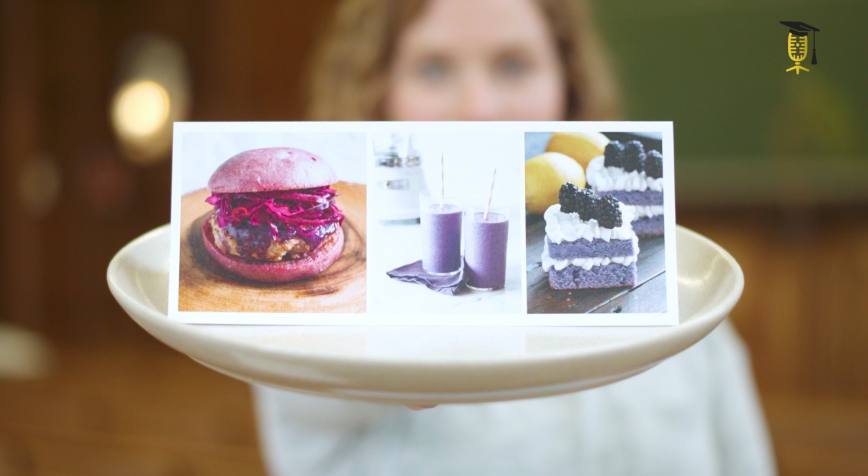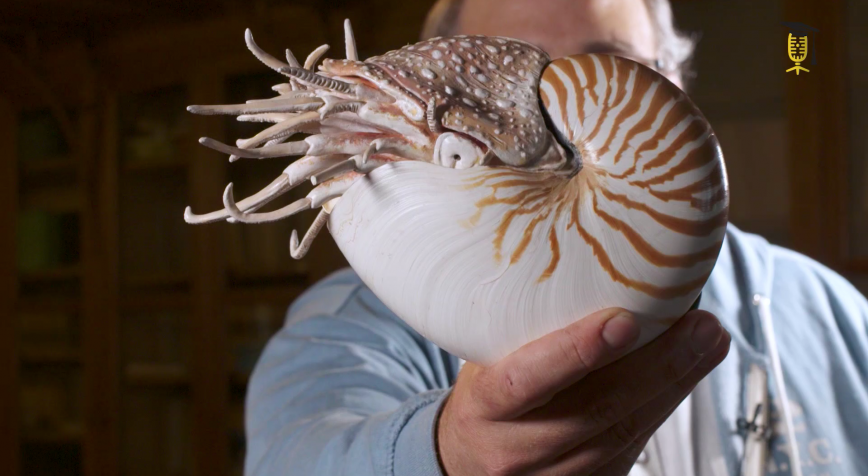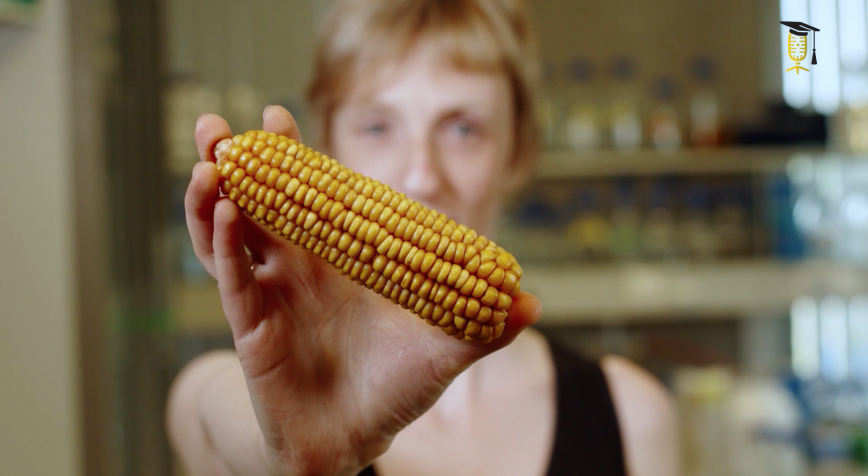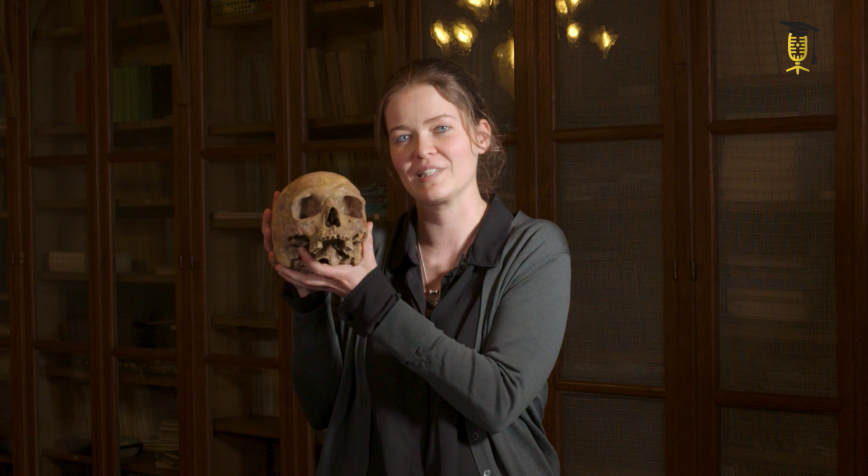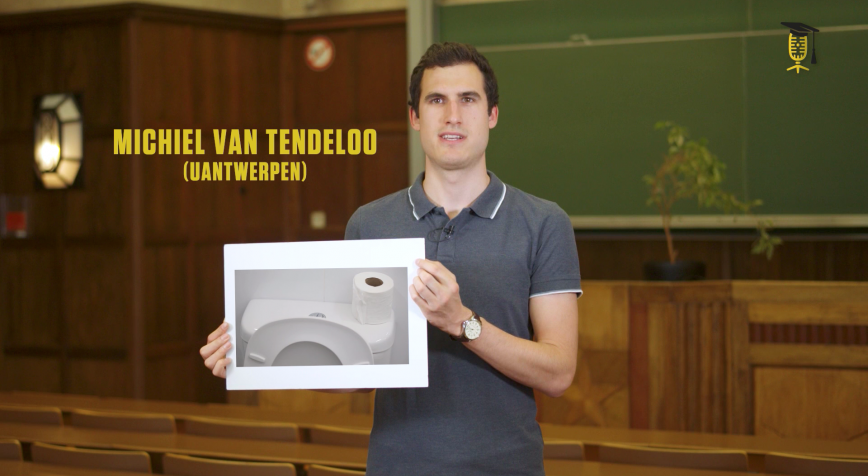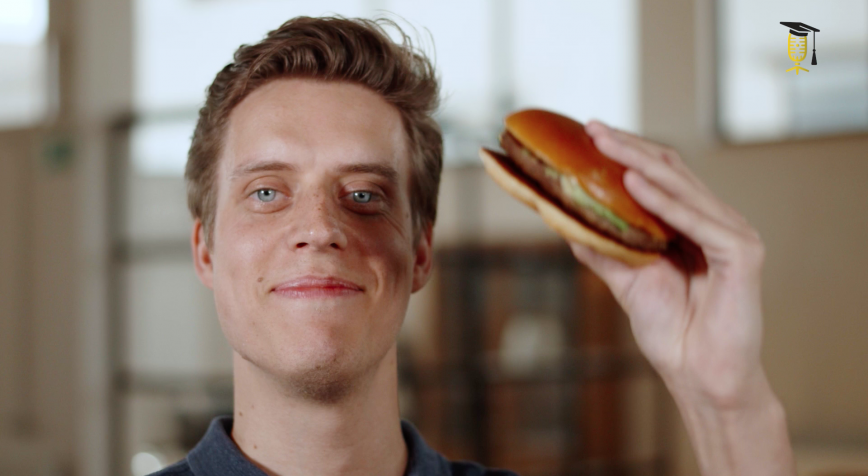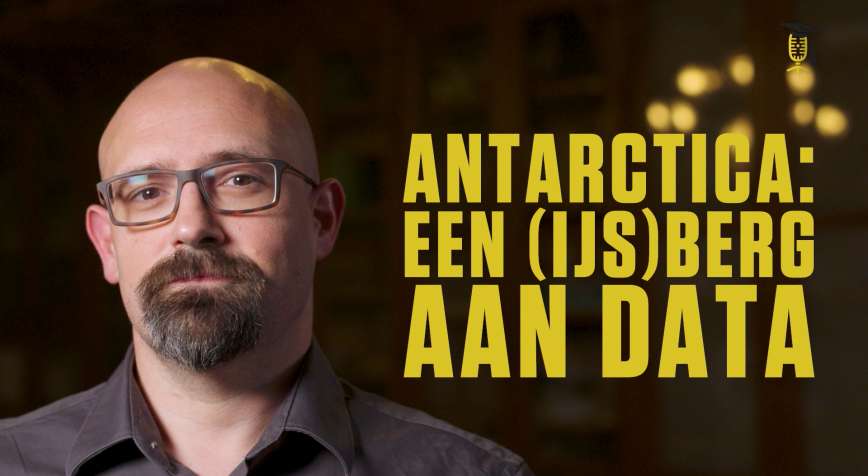
Instituut Natuurwetenschappen
Antarctica: an iceberg of data
In 2006 Marine biologist Anton Van de Putte went on a 3-month- expedition to Antarctica. Unfortunately, he only managed to collect 400 samples, which were often no bigger than this little fish. Thanks to a simple but brilliant idea, he now has more than 2 million samples at his disposal...
